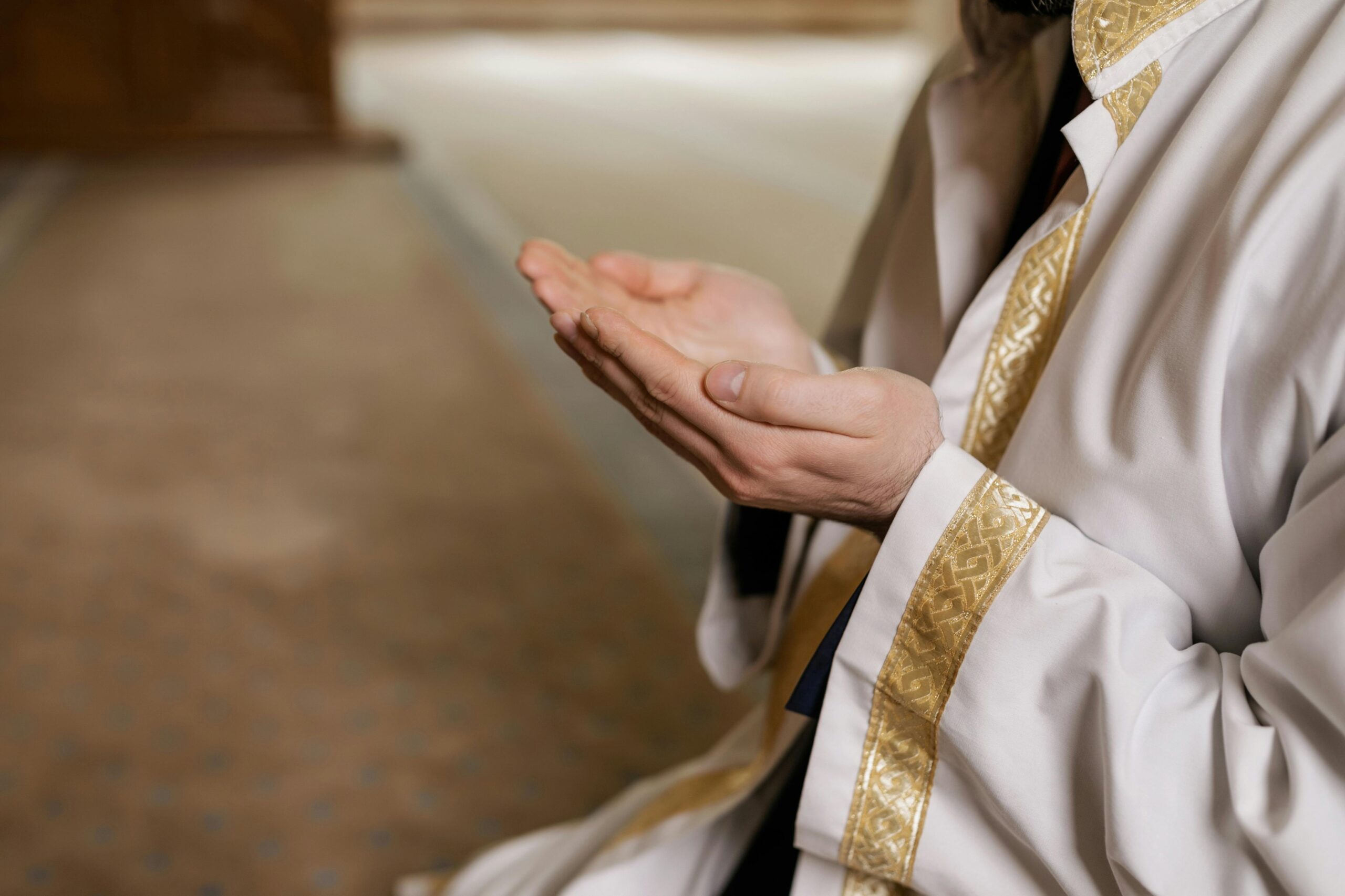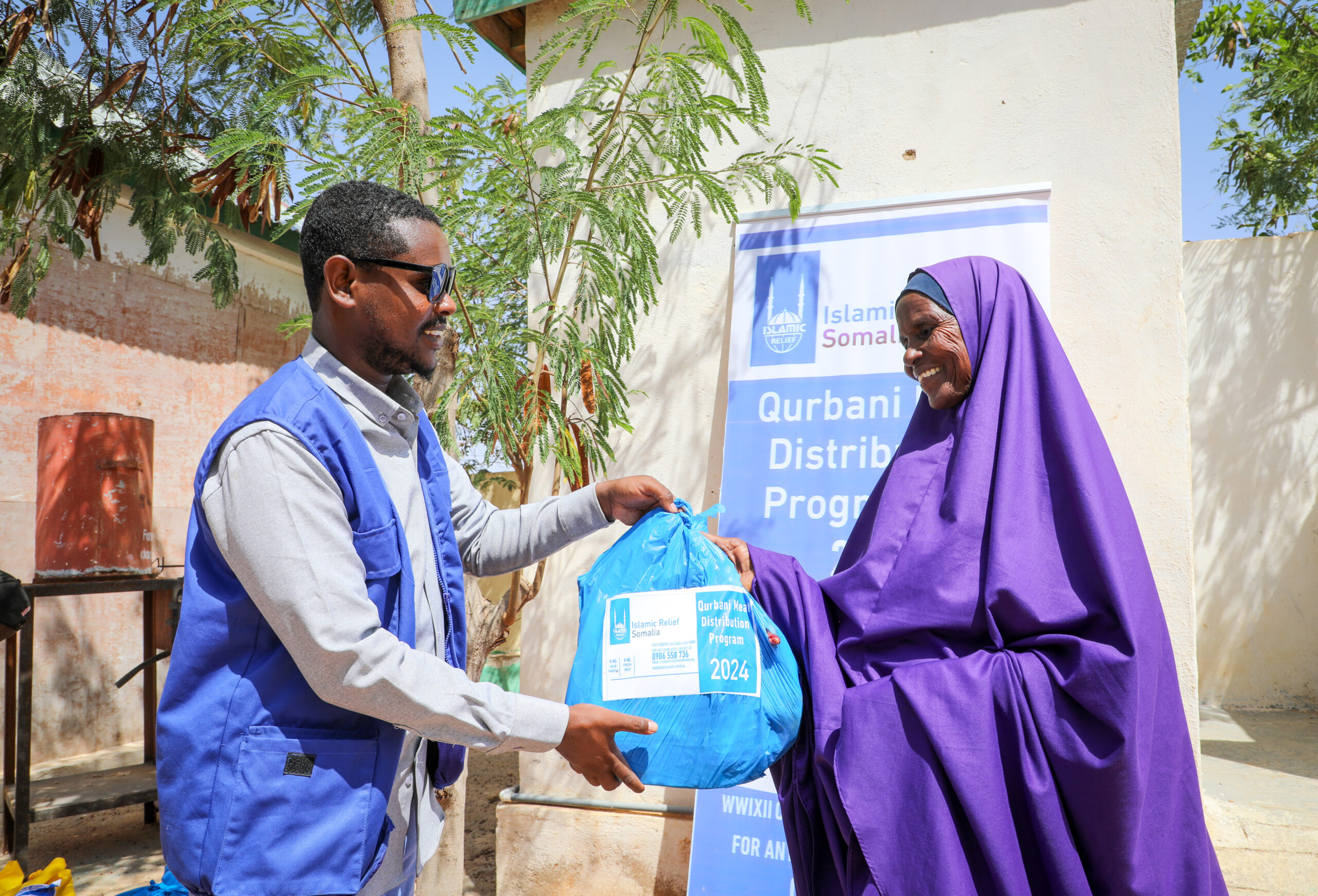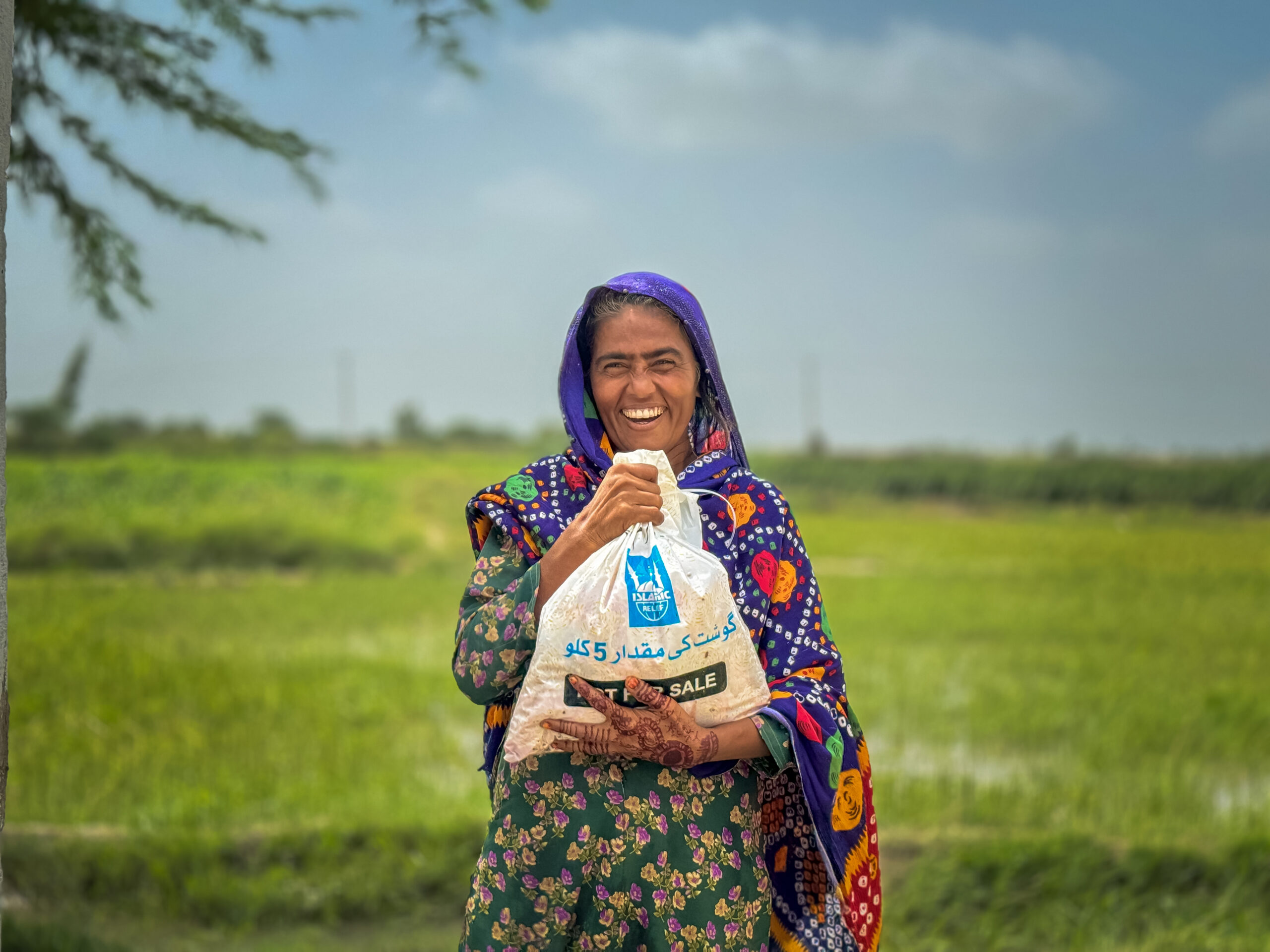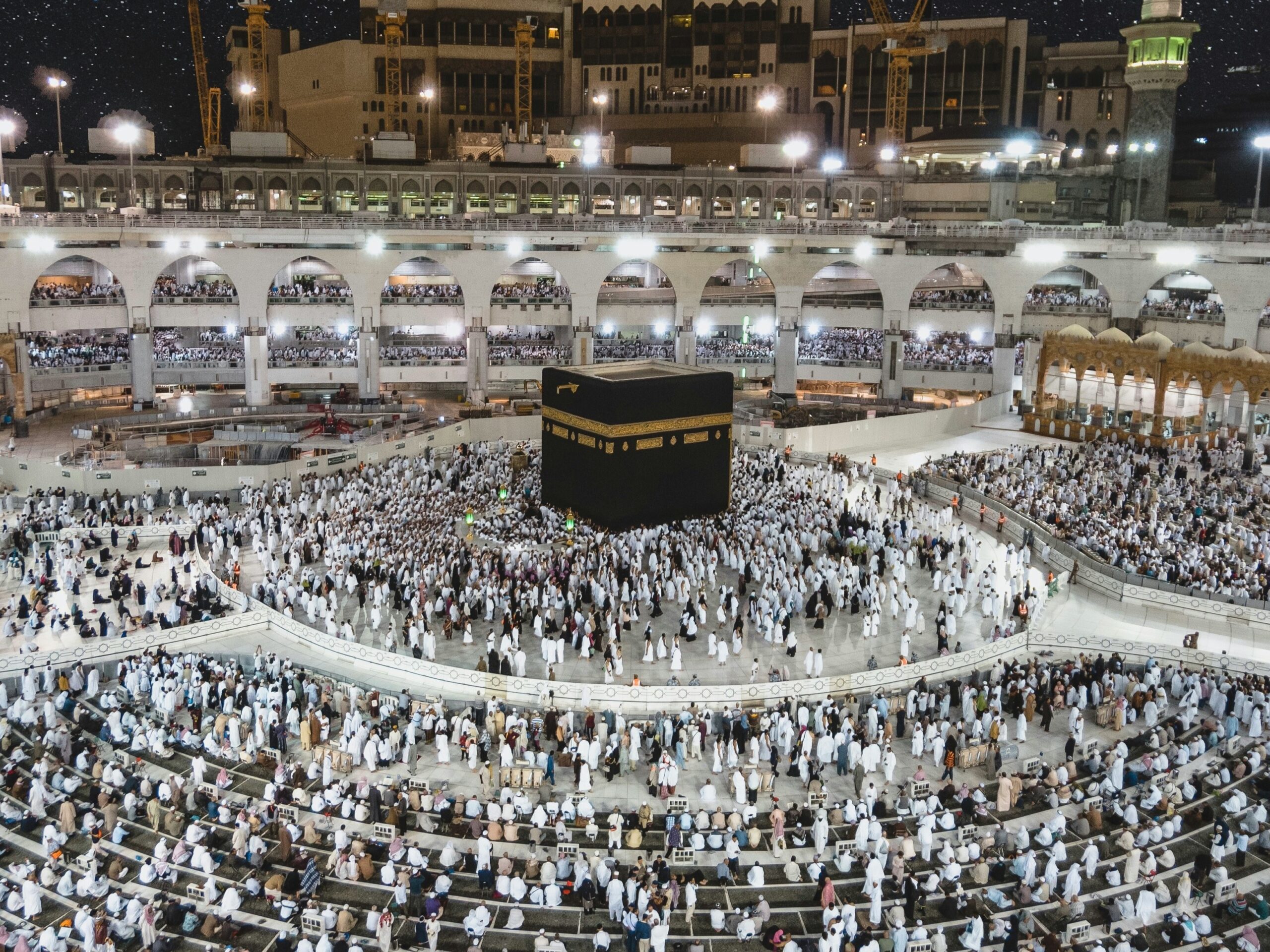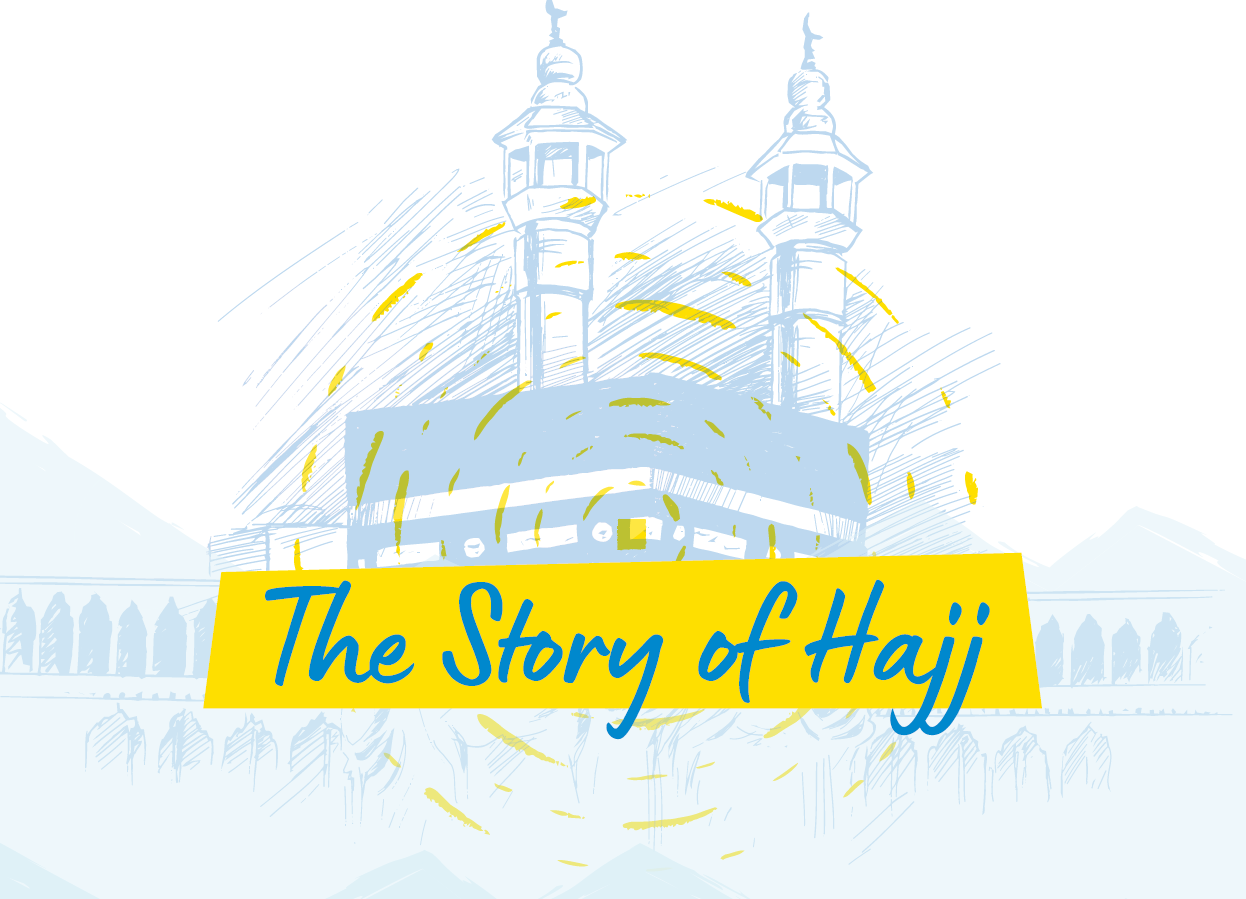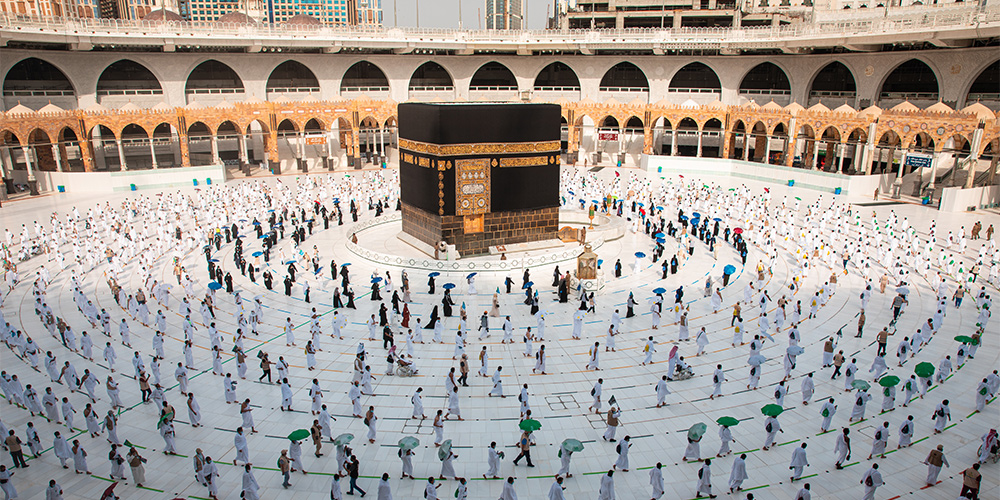
05.26.25
The Significance of the First 10 Days of Dhul Hijjah
In the Islamic (Hijri) calendar, Dhul Hijjah marks the final month of the year. It is a month where we are thankful to have experienced another year. But it is also a time most blessed by Allah (SWT).
This is especially true for the first 10 days of Dhul Hijjah. For in these sacred days of the Islamic month, Muslims around the world increase in worship towards our Allah (SWT). They also prepare for two important events: Hajj, the fifth pillar of Islam, and Eid al-Adha, the “festival of sacrifice”.
Why is Dhul Hijjah Important?
Similar to the Holy month of Ramadan, the first 10 days of Dhul Hijjah are an extremely blessed time. In Islam, several verses and ahadith emphasise the importance of these 10 days.
In the Quran, Allah (SWT) swears an oath by these first 10 days, as told in Surah Al-Fajr saying:
“By the dawn and by the ten nights,”
Quran 89:1-2
As the Creator of the universe and beyond, Allah (SWT) does not swear an oath by something unless it provides great benefit to us as His creations. This is the Divine Knowledge and Wisdom of Allah (SWT).
A time for great rewards
The blessed 10 days of Dhul Hijjah also offer us a chance to gain immense rewards, even more so than Ramadan. For in one particular hadith, the Prophet Muhammad (ﷺ) specifically highlights the first 10 days of Dhul Hijjah as better than all the other days of the year.
“There are no days on which righteous deeds are more beloved to Allah than these ten days.”
Sahih Bukhari
Dhul Hijjah and the Day of Arafah
On the 9th day of Dhul Hijjah, the Day of Arafah, the Prophet Muhammad (ﷺ) received this verse from Surah Al-Ma’idah:
“This day I have perfected for you your religion and completed My favour upon you and have approved for you Islam as religion.”
Quran 5:3
Much like how Laylatul Qadr, during the blessed month of Ramadan, is considered the greatest night of the year, the Day of Arafah is considered the greatest day of the year. For it was on this Day of Arafah that Allah (SWT) perfected His religion. He completed His favours upon His beloved Prophet Muhammad (ﷺ) and approved Islam as a way of life.
The coming together of the pillars of Islam
The first 10 days of Dhul Hijjah are a time when the greatest acts of worship are performed.
“The most apparent reason for the ten days of Dhul Hijjah being distinguished in excellence is due to the assembly of the greatest acts of worship in this period – salawat (prayers), siyam (fasting), sadaqah (charity) and the Hajj (pilgrimage). In no other periods do these great deeds combine.”
Fath al-Bari
As such, many Muslims use the first 10 days of Dhul Hijjah to increase their remembrance of Allah (SWT). It’s a time beyond Ramadan when we have the best opportunity to maximise our blessings and rewards from Allah (SWT).
This year, the first day of Dhul Hijjah is expected to begin on Wednesday, May 28, 2025, depending on the sighting of the moon. As such, we should make the most of the best 10 days by elevating our acts of worship.
What Should We Do During the First Ten Days of Dhul-Hijjah?
Generally, all good deeds are greatly rewarded during the blessed 10 days of Dhul Hijjah. This is especially true on the 9th day of Dhul Hijjah, the Day of Arafah. As the Messenger of Allah (ﷺ) said:
“There is no day on which Allah frees people from the Fire more so than on the day of ‘Arafah.”
Sahih Muslim
Good deeds include actions such as praying, reading the Quran, making Dua (supplication), seeking Allah’s forgiveness (Istighfar), Tawbah (repentance), giving in charity and being good to our families, and other voluntary (nafl) righteous deeds of worship.
On the other hand, there are also specific good deeds mentioned in the Qur’an and Sunnah we are encouraged to carry out during these best 10 days.
Hajj
The month of Dhul Hijjah is also known as “The Month of the Pilgrimage”. From the 8th of Dhul Hijjah, Muslims from all around the world come together in Makkah to perform Hajj. Hajj is the fifth pillar of Islam and is a compulsory act of worship for anyone who is financially, emotionally and physically able to do it. Muslims who are able to also only have to do Hajj once in their lifetime.
Many Muslims hope to get the opportunity to go on Hajj and have their sins forgiven after completing it. As performing Hajj is one of the best deeds one can do during the first ten days of Dhul Hijjah. In turn, for one who sincerely performs and completes Hajj, the Prophet Muhammad (ﷺ) said
“An accepted Hajj brings no less a reward than Paradise.”
Ibn Majah
Fasting
Fasting in the month of Dhul Hijjah is greatly encouraged during the first nine days. This is especially true for the Day of Arafah. As the Prophet Muhammad (ﷺ) said:
“Fasting the day of Arafah expiates the [minor] sins of two years.”
Sahih Muslim
Dhikr
Dhikr, the verbal remembrance of Allah (SWT), is another virtuous act. In the Quran, in Surah Al-Hajj, it states:
“And mention the name of Allah on the appointed days”
Quran 12:28
The Prophet Muhammad (ﷺ) also encouraged Muslims to recite a lot of Tasbeeh (SubhanAllah), Tahmeed (Alhamdulillah) and Takbeer (Allahu-Akbar) during this time.
There are no days that are greater before Allah in which Good Deeds are more beloved to Him, than these ten days, so recite a great deal of tahleel, takbeer and tahmeed during them.”
Ahmad
Sacrifice
The 10th day of Dhul-Hijjah is the first day of Eid Al-Adha. On this day, we perform Qurban (sacrifice, also known as Udhiyah or Qurbani). This ritual of Eid Al-Adha commemorates the devotion of Prophet Ibrahim (AS) to Allah (SWT). In his willingness to sacrifice his son, Ismail (AS) for the sake of Allah (SWT), God intervened and sent a ram to be sacrificed in Ismail (AS)’s place.
Thus, on Eid Al-Adha, the festival of the sacrifice, Muslims around the world slaughter an animal (a goat, sheep, cow or camel) to reflect this great act of worship. This year, Eid al-Adha is expected to fall on Thursday, June 6, 2025.
Following the sacrifice, which is usually carried out after Eid prayer, the meat is divided. At least one-third of the meat must go to the poor or vulnerable.
Donating Qurban is a highly encouraged act for every Muslim who is financially able to do so. It can be done so through a certified charity, such as Islamic Relief Australia, with specific Qurban programs.
As the first 10 days of Dhul Hijjah fast approach, we hope that this blessed time is one of great joy, reflection and blessings for all. May we take this opportunity to make the most of the rewards Allah (SWT) has bestowed upon us, insha’Allah!
Give for the sake of Allah (SWT)
Take advantage of the most rewarding days of the year; give your Qurban and increase your acts of Sadaqah before the ten days are over.

